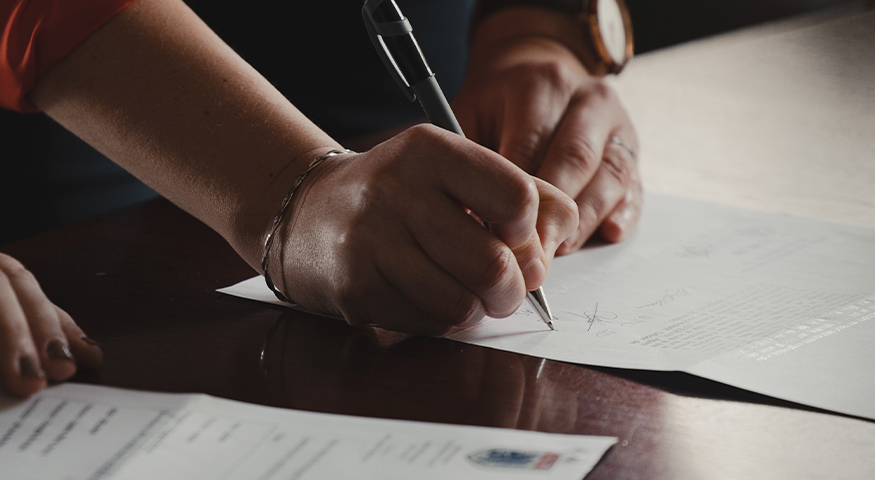Unlock Patent Success
Unlock Patent Success

Avoiding the Pitfalls of Mistranslations in the Patent Process
As a patent attorney, you understand the immense importance of accurate translations in the patent application process. Mistranslations can have serious consequences, potentially jeopardizing the success of your clients’ patent applications. Here are the main problems that can arise from mistranslations and how you can overcome them:
- Legal Ambiguities: Mistranslations can introduce legal ambiguities and inaccuracies in patent documents. Errors in technical terms, clauses, or definitions can alter the scope of protection, rendering the patent invalid or limiting its enforceability. By working with expert translators, you can ensure that your clients’ inventions are accurately and legally represented in the target language.
- Loss of Intellectual Property Rights: Mistranslations can lead to the loss of valuable intellectual property rights. Inaccurate translations may fail to capture the novelty and distinctiveness of an invention, compromising its patentability. With meticulous attention to detail, professional translators mitigate the risks of mistranslations, protecting your clients’ intellectual property.
- Rejected Patent Applications: Patent offices have strict requirements for translated documents. Mistranslations that do not comply with these requirements can result in the rejection of patent applications. Skilled translators well-versed in patent laws and regulations ensure that all translations meet the necessary criteria, increasing the chances of successful patent application outcomes.
- Misinterpretation by Competitors: Mistranslations can provide an opportunity for competitors to exploit gaps in understanding or misinterpretations of the invention. This can lead to legal disputes, challenges to patent validity, or even unauthorized use of the invention. Accurate translations help eliminate ambiguities, ensuring a clear and precise understanding of the invention’s technical aspects.
- Costly Litigation: Mistranslations can increase the risk of costly litigation. Inaccurate translations can lead to misunderstandings or misrepresentations of the invention, resulting in legal disputes and litigation expenses. By investing in expert translation services, you minimize the chances of errors that could lead to legal challenges or disputes.
Partnering with professional translation providers who specialize in patent law is crucial to protect your clients’ patent applications. By relying on subject-matter experts, you can minimize the risks involved and ensure accurate translations that effectively convey technical, legal, and linguistic nuances. This approach will prevent potential problems caused by mistranslations and guarantee a seamless and effective process, thus securing the success of your clients’ patent applications.



